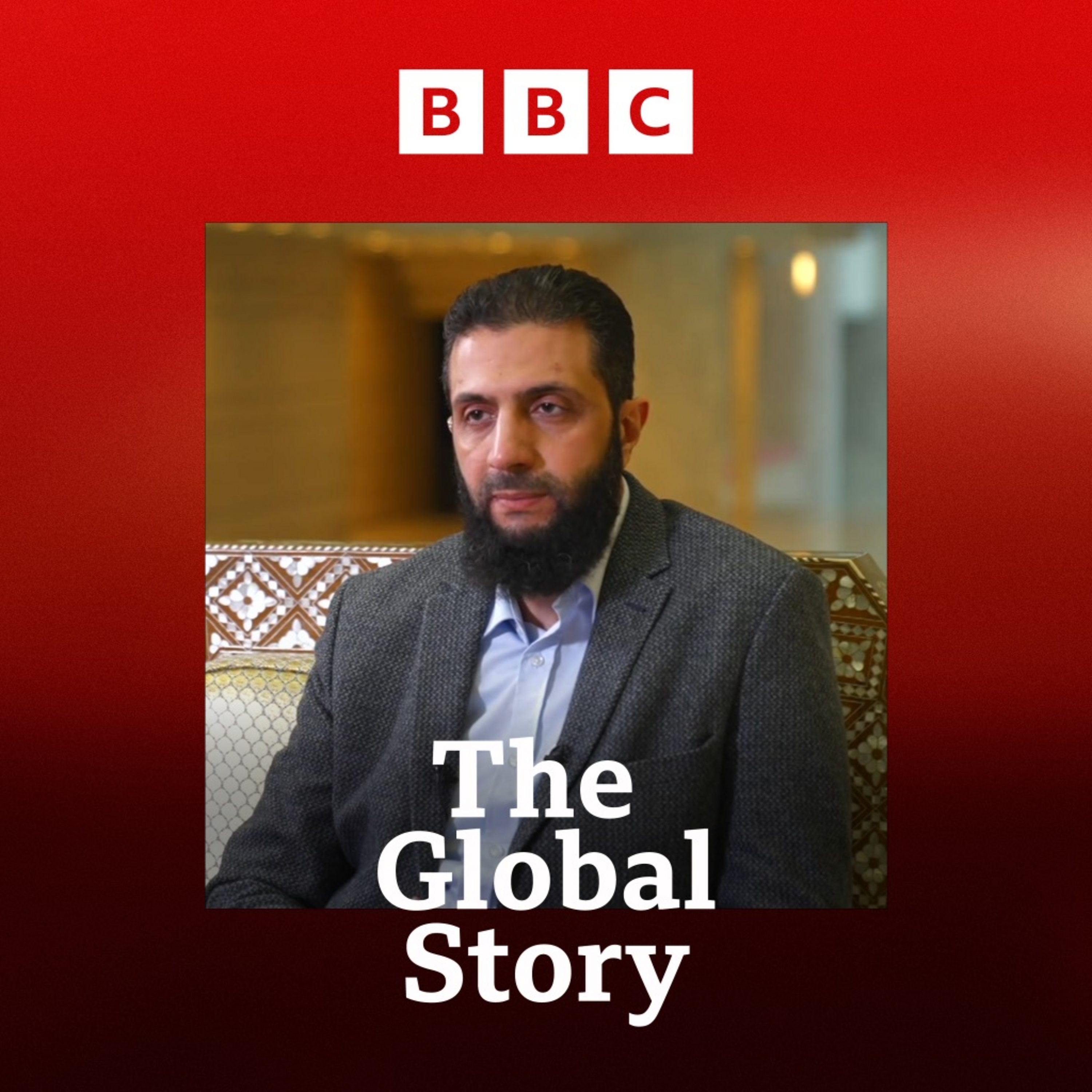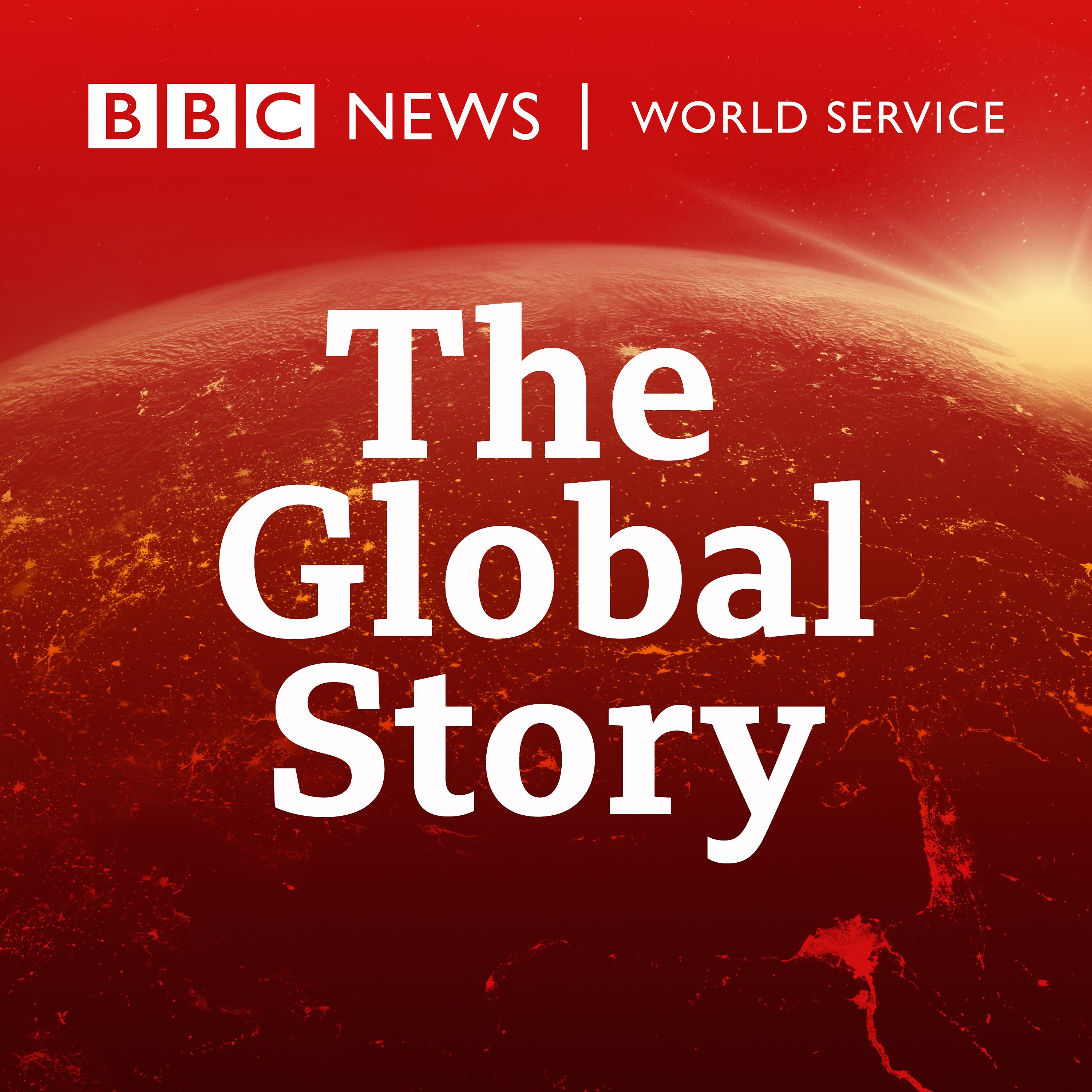
Deep Dive
Why did Ahmed al-Sharaa change his name and appearance?
He changed his name from Jolani to Aparna as a symbolic move, shedding his nom de guerre from his jihadist past. He also transitioned from military fatigues to a suit, signaling a shift in his role from a rebel leader to a potential political figure.
What is Ahmed al-Sharaa's stance on women's rights in Syria?
Al-Sharaa emphasizes that women's education will continue, with over 60% of university students in Idlib being women. However, he avoids directly addressing concerns about women being required to wear hijab, deflecting the issue by highlighting larger problems like displacement and economic recovery.
How does Ahmed al-Sharaa justify his past association with jihadist groups?
He claims he was initially drawn to Iraq during a time of widespread sympathy for the Iraqi people and joined al-Qaeda without witnessing sectarian battles. He later severed ties with al-Qaeda and other foreign groups, stating that his association with such groups is a thing of the past.
What challenges does Ahmed al-Sharaa face in unifying Syria?
He faces numerous challenges, including the presence of foreign troops (Turkish, American, Israeli), independent militias, and remnants of ISIS. Additionally, the country's economic collapse, massive destruction, and the desire for justice among Syrians complicate his efforts to unite the nation.
How does Ahmed al-Sharaa plan to address Syria's economic and political challenges?
He argues that international sanctions should be lifted as they were targeted at the old regime, not the current situation. He also plans to hold a national conference to dissolve the old constitution and parliament, forming a consultative council until elections can be held.
What is the international community's stance on Ahmed al-Sharaa's leadership?
The international community is cautious, with many countries still classifying HTS as a terrorist group. However, some states may reconsider their stance if al-Sharaa proves to be a stabilizing force, as the absence of the Assad regime represents a significant geostrategic shift in the Middle East.
What does Ahmed al-Sharaa's leadership in Idlib reveal about his intentions?
During his rule in Idlib, al-Sharaa's group was described as efficient and professional in managing the province, though with an iron fist. They invested in development, built shopping malls, and established a military staff college, suggesting a focus on both governance and military preparedness.
Why does Ahmed al-Sharaa deny being part of groups that targeted civilians?
He claims that while he was associated with jihadist groups, he did not witness or participate in sectarian battles or attacks on civilians. He emphasizes that the vast majority of civilian deaths during the war were caused by the Assad regime, not his group.
What is the significance of Ahmed al-Sharaa's interview in the presidential palace?
Conducting the interview in the presidential palace, where Bashar al-Assad once held court, symbolizes a dramatic shift in power. It signals that al-Sharaa and his group are now the de facto rulers of Syria, replacing the Assad regime.
What is Ahmed al-Sharaa's vision for Syria's future governance?
He envisions a Syria where people have the right to choose their leaders and representatives, with a focus on dialogue and representation for all sects. He denies any intention to establish an Islamist dictatorship or caliphate, emphasizing that governance will align with Syria's history and culture.
- Ahmed al-Sharaa's past involvement with jihadist groups, including al-Qaeda.
- His leadership in Idlib province and its perceived efficiency.
- Questions surrounding his commitment to reform and respect for human rights.
Shownotes Transcript
The BBC's Jeremy Bowen has been speaking to HTS leader Ahmed al-Sharaa. In just a matter of weeks, he has gone from governing the province of Idlib, to leading a rebel offensive on Damascus, to becoming the defacto leader. After interviewing al-Sharaa at the presidential palace which until recently was the heart of Bashar al-Assad's regime, Jeremy speaks to Lucy Hockings for this episode of The Global Story. So, is he really a reformed radical? Will he respect the rights of women? And even if these are his intentions, is he the man who can make it happen?
The Global Story brings you trusted insights from BBC journalists worldwide. We want your ideas, stories and experiences to help us understand and tell #TheGlobalStory. Email us at [email protected] You can also message us or leave a voice note via WhatsApp on +44 330 123 9480.
Producers: Richard Moran, Tom Kavanagh and Alix Pickles
Sound engineers: Mike Regaard
Assistant editor: Sergi Forcada Freixas
Senior news editor: Sara Wadeson
